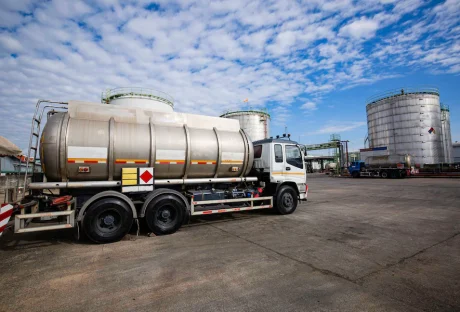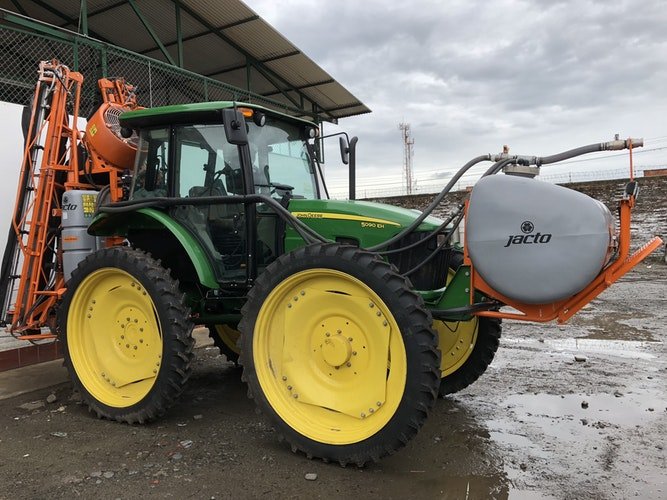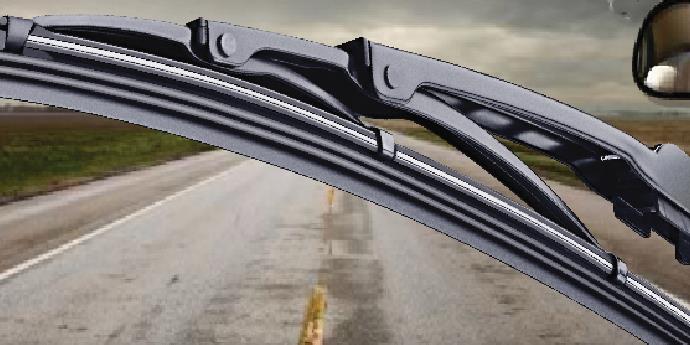Around this time every year, car owners start to think about their tires. Should you change your tires now or wait until spring? Even if you’re ready to make that decision, how can you tell if your tires are in good condition?
Many factors contribute to the condition of your wheels. Do you frequently drive into potholes? Have you considered the climate? For instance, winter tires wear faster than regular ones. Even if you hardly drive your car, how do you store the tires? Elements like age and heat can damage your tires regardless of usage. They technically start wearing out the second you drive out of the tire shop.
Leaving your tires until next season can weaken their function. Avoid waiting until they burst in traffic before taking the necessary steps. Instead, get new tires as replacements when you notice the old ones start to deteriorate. Find out how to check if your car tires are good with these guidelines.
Check the Tread Depth
Just as your workout shoes wear out after several runs, your tires also take a beating after each drive. Regular car tires have different patterns marked on the surface. They also have deep ridges that help drivers grip the road while in motion. The tread depth measures the vertical length from the tire surface to the bottom of each tread. New tires have a tread depth of 10/32 inches. The longer you drive, the shallower the depth. The standard for used tires is 6/32 inches.
Do your tire patterns feel smoother than usual? The tread depth is an easy DIY method to determine if you still have good tires. You can calculate the measurement in two ways using the tread depth gauge or silver coin. For the second test, insert a dollar coin into one of the grooves with the icon’s head facing down.
If you can spot the entire part of the head, consider replacing your tires. However, the gauge is the most efficient method since it provides accurate measurements. A value lower than 5/32 indicates that you no longer have good tires.
Similar Reads: Surprising Luxurious Car Designs
How Old Are The Tires?
Many drivers hold a sentimental value to tires that come with their cars. So they hold on to them longer than they should. Even if you don’t drive frequently, your tires have a fixed lifespan of five years. Rubber starts to decompose after a few years, regardless of the condition. Storing your tires through the winter could further damage them.
You can determine the tire’s age by observing the four numbers imprinted on it called the DOT number. They contain relevant information like the week and year of manufacture. The first two numbers represent the week, while the last two indicate the year. A recent manufacture date aging not up to five years means you still have good tires.
Tire Inflation
Tires deflate slowly after each drive, as they lose up to one pound per square inch (psi) on average. Proper tire pressure keeps them inflated and lowers your fuel usage. Is your car consuming more fuel than usual? You might need to check if there’s adequate air in your tires.
Since different cars have designated inflation pressure values of about 32 – 35 psi, you’ll need a pressure gauge. You can also find this measurement on the sticker behind your driver’s seat. Leave your car to rest for at least three hours and insert the gauge into the valve stem. If you get a higher number, let out the air until you get the correct value. For lower pressure, consult your mechanic to find out if you need new tires.
Similar Reads: Major Car Maintenance Tips
Evaluate The Motor Oil
Have you noticed multiple signs of wear and tear on other vehicle parts? There’s a chance your engine oil needs replacement. The motor oil lubricates the engine parts and helps you have a smoother drive. Dirty oil impedes the engine’s functions and strains the wheel while driving. The more you struggle to steer, the worse the damage to your tires.
Physical Condition
As mentioned earlier, rubber decomposes after its set lifespan. Another way to determine the car’s tire quality is to inspect its physical condition. Do you feel bumps and scrapes on the tread wall? Even if you don’t find blisters, lookout for signs of rot like cracks and discoloration. The cuts resemble veins and make your tires look brittle. Avoid driving with decomposed tires since they lose air pressure.
Wheel Balance
Unless you’re driving over endless potholes, your car shouldn’t vibrate in traffic. Maybe you have a deep tread in your tires. But that doesn’t explain why you keep losing control of the steering wheel. Occurrences like this mean you possibly have damaged tires. To determine if you still have good tires, have your mechanic check out the wheel balance.
Read Also:






















